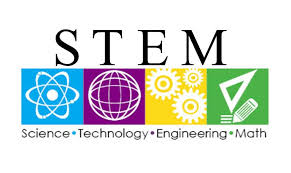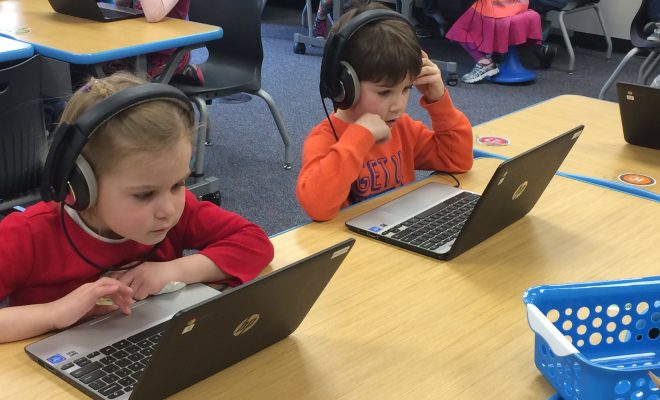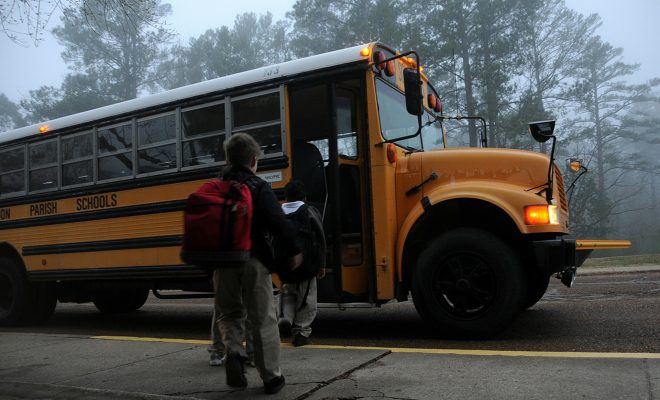Are liberal arts more valuable than STEM learning?

A liberal arts education that focuses on a broad range of topics, and is not vocationally-centric, is a bigger asset to today’s students than other trending tracks like STEM learning. That’s according to author Fareed Zakaria in his new book “In Defense of a Liberal Education.” Zakaria argues that the central focus of a liberal arts education is writing, and that “writing makes you think.”
In an interview with Forbes, Zakaria had this to say about his stance:
What a liberal education at its best does…is to allow people to range widely, to read widely, to explore their passions…I think that kind of breadth and the ability to feed your curiosity and indulge is incredibly important. It’s what, now in the corporate world, one would call synergy, or out of the box thinking, or the intersection of disciplines. This has always been a central part of what a liberal education has meant.
By having a liberal arts foundation, workers can then build on in other areas. Zakaria says that scientific thinking certainly has a place in American education but that there should be a “logical clarity and coherence to it.”
With all of the talk of Science, Technology, Engineering and Math learning as the wave of the future, Zakaria’s view and book are a refreshing reminder that writing and logic are still valuable. It goes back to the age-old concept that we must teach our students HOW to learn, and not just WHAT to learn. That’s the real way to ensure innovative and skilled future workers.
What do you think? Are liberal arts as important, less important or more important that STEM tactics?






